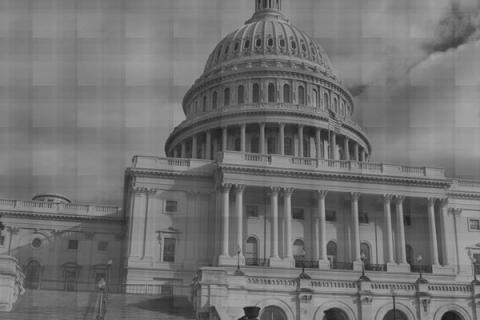 A balanced budget is when total revenue equals or exceeds total expenditures. For this nation’s citizens, this is how personal finances are managed. If a citizen spends more than is earned, financial disaster is inevitable. This is general knowledge to every American. Any private or public sector financial crisis counseling takes the first step of establishing a budget. Congress is now on its fourth consecutive year of spending the American taxpayer’s money without a budget. The result has been economic recession and the highest deficit in the history of the Nation.
A balanced budget is when total revenue equals or exceeds total expenditures. For this nation’s citizens, this is how personal finances are managed. If a citizen spends more than is earned, financial disaster is inevitable. This is general knowledge to every American. Any private or public sector financial crisis counseling takes the first step of establishing a budget. Congress is now on its fourth consecutive year of spending the American taxpayer’s money without a budget. The result has been economic recession and the highest deficit in the history of the Nation.
A decade of deficit spending has brought us to a tipping point. This problem must be addressed and cannot be ignored away. The logical first step is to reduce spending. This is the easier side of the balance equation to influence quickly. Unfortunately, even drastic cuts alone will not balance the budget. Our federal budget is broken worse than that. We must attack the other side of this equation also. We must raise revenue. There are two possible methods. One is to raise taxes. The other is to lower taxes.
Raising taxes (from the present rate) transfers revenue from the private sector into the public sector to pay debts. If this were done uniformly across the economic spectrum, it would be ineffective. Less revenue in the private sector leads to less growth and a shrinking economy to tax from. Higher tax rates will actually yield less tax revenue. Shifting the tax increase to the upper economic class is unwise. Revenue on this end is invested in private sector growth and less leads to less growth.
Furthermore, income at this level is the most mobile in our economy and can most easily go away, again leading to a shrinking economy. In all cases, more taxation leads to less growth. The source continually shrinks and results in a net loss. This method will not solve our budget problem.
The second method, lowering taxes to raise revenue, seems almost counter-intuitive. The first fact that must be established is that our economy is not a fixed amount. It grows and it shrinks. Revenue in the public sector (Taxed money) does not grow the economy. It merely moves it from one citizen to another. This is similar to moving water from one side of the bathtub to the other. Nothing grows, whereas revenue in the private sector grows more revenue and expands the economy.
In fact, it does this so effectively that the Occupy groups sprung up in protest of this success. The resentful have termed this action as greed, but these citizens have put more revenue in our economy and created jobs. To use our previous analogy, they have put more water in the bathtub. Lower taxes leads to growth. A lower tax rate from a bigger source (the economy) yields more tax revenue.

The only way to raise revenue to balance the budget is to leave revenue in the private sector and therefore grow the economy. This can only be done by lower taxation. A lower taxation rate from a larger base yields a larger amount. This is how our economy was designed to function. That being said, there are times that call for a tax increase, national emergencies or times of war. It is dishonorable to pass these debts on to our children.
I will fight to leave revenue, here in the 53rd Congressional District where it can grow jobs. I will oppose any federal spending of our tax dollars without the transparency of a balanced federal budget.
Nick Popaditch - Former Marine - Running for Congress for 53rd District
